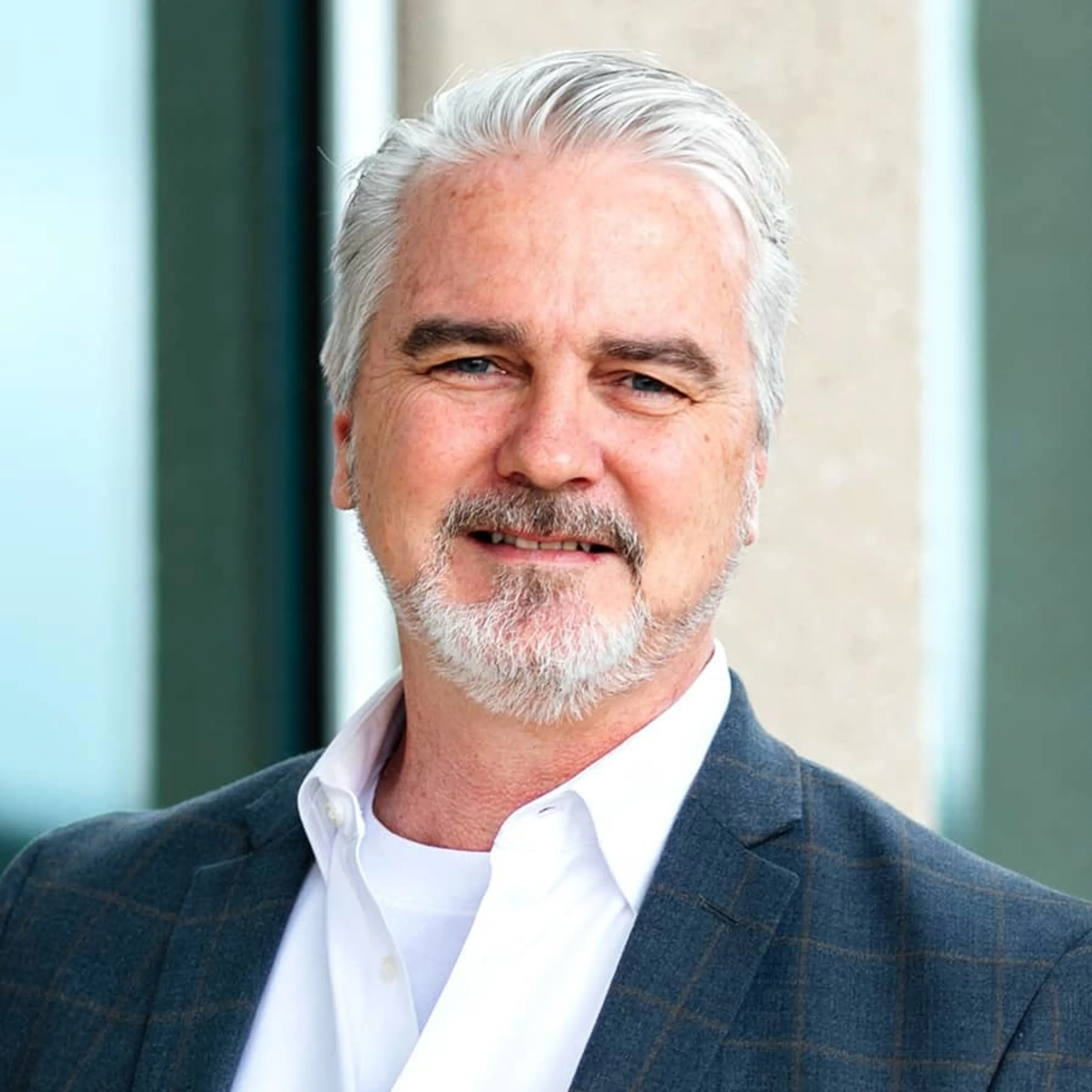As we begin to exit from the pandemic, we see a variety of company approaches on employees’ return to work. Some have re-entered as fast as possible with a maximum number of employees while others have implemented a more measured and staged re-entry schedule. Parallel to this process, companies are rewriting employee policies, planning hybrid occupancy, and actively reevaluating and reimagining their workplace.
The type of business informs what the new normal will be for companies. Some businesses greatly depend on face-to-face interaction while others require periodic face-to-face engagement. For example, many federal agencies, particularly those that are involved with security, have had a constant, essential workforce in their offices while many civilian agencies have not yet returned in force.
However, while most employees have returned to work, in part or in full, a minority of companies have taken the dramatic step to transition to a fully remote WFH (work from home) model. One such company is Eduvantis, a leading strategic consulting firm focused on the higher education sector globally.
In this first of four interviews in our “Return to Work” series Tim Westerbeck, President of Eduvantis, shares how his team not only transitioned to working remotely as a permanent solution but also uncovered some unexpected advantages.
“You can access brain power from anywhere now, and that's a real plus.”
Tim Westerbeck - President, Eduvantis
Video Transcript
LETTING LEASE EXPIRE
So, we made a decision to not return to the office. Even though, you know, it was suggested that we might be able to, a lot of people are vaccinated have that option to do that, but we're working so smoothly and effectively, remotely as a team that we like it. And we're going to continue. We've decided to let our lease expire when it expires a little later this year and give it a try. I find it hard to believe that it's going to suddenly come off the rails overnight. And if it does, the worst thing that can happen is we have to go get another office. We seem to be more focused, more energetic. We communicate well together. Frankly, as a business owner, getting rid of the significant overhead of a downtown Chicago loop office can be applied toward all kinds of other things.
EMBRACING REMOTE WORK
You never know what people are actually thinking, but I've certainly gone out of my way during this last year to make a lot of inquiries into people's sort of points of view and position on this, trying to understand how comfortable if they are having challenges. If they really like working remotely and, I would say to a person, the answer has been, yes, they like the flexibility. They like not having to commute. They like, you know, being able to really stay focused and not be distracted by the day's activities that you find in an office. In many cases, they seem to like it, you know, quite well. And we haven't had turnover. Now that may be because there aren't that many, there haven't been that many jobs out there but, I think as a whole people seem quite satisfied, I would almost say people seem more bonded to each other. During this period of working remotely and working remotely together, has led to some new channels of communication that I hadn't seen before between people.
RECRUITING
One thing has happened to us is we're able to recruit nationally now. We never were before, at least not quite as easily. There were barriers to getting someone to have to move to Chicago and uproot their family or something of that nature to come here. Now the last three hires that we've made have been in other parts of the country, California, Washington, DC, Wisconsin, other places it's opened up the labor market to us, the skill-based labor market in ways that we never had access to before, which is a huge matter for us from a business standpoint, especially where you're in an intellectual property-based business where intellectual capital is what you're selling. You know, you can access brain power from anywhere now, and that's a real plus.
We've gone out of our way to make sure that we really thought through, well, what's it take to bring someone in, what would we want if we were coming on to a company and we weren't there physically we'd want to have the contact with as many people as possible, just like in, you know, and in any event, but in this case, we've, we've really, I think worked hard to create, you know, new approaches and systems to give them that, that contact that people want and need.
TAKE TIME TO SOCIALIZE
One of the ways we'll deal with some of these issues we're talking about is having quarterly or bi-monthly meetings, where we bring everyone together in a nice location, whether it's a hotel or a leased office space of some sort where we really, you know, spend some time brainstorming, strategizing, collaborating on the things we're working on and have some social time built in there as well. We're just trying to do more of those kinds of things that are a little extracurricular that give people a chance to stay connected as much as possible. We've had a few, online events where we have a chef come in and everybody cooks together and, you know, some of those kinds of things, and I, I'm not going to suggest those are a perfect replacement for in-person time together, but I think they reach a critical mass of experience that people have, that that can be very helpful.
How do people collaborate and exercise the creative process when they are remote? And I will say in all fairness, that's the hardest thing, where you are trying to bring some form out of nothing. I'd say we're better at it today than when we first started. I still do not believe that's a hundred percent replacement for working together in a room brainstorming and things of that nature. I think the technology has made it quite possible to do that and to do it effectively.
WORKING INTERNATIONALLY
We work with partners internationally all the time and, you know, they've pretty much been working remotely too. And I think we're all happy that we don't have to catch a flight to Hong Kong or Singapore, or London, every time you need to work on something. Now you have time zone differences and things like that, which are a little bit challenging and that's always been present, but I don't think there's a radical difference between what happens here or happens in China or in India or in Europe or South America. I think that people like efficiency. They like to be able to do things as easily as possible and effectively as possible. And they like to do things as inexpensively as possible if they're running a business.
A NEW HORIZON
Again, I, as you know, happen to be someone who believes that that can be modified and again, with the full caveat that I could be dead wrong. We'll see. I think everybody reserves the right at this time to be dead wrong because it's something new. This is a new horizon, you know, we're all experiencing, and I think we'll see how it goes.





